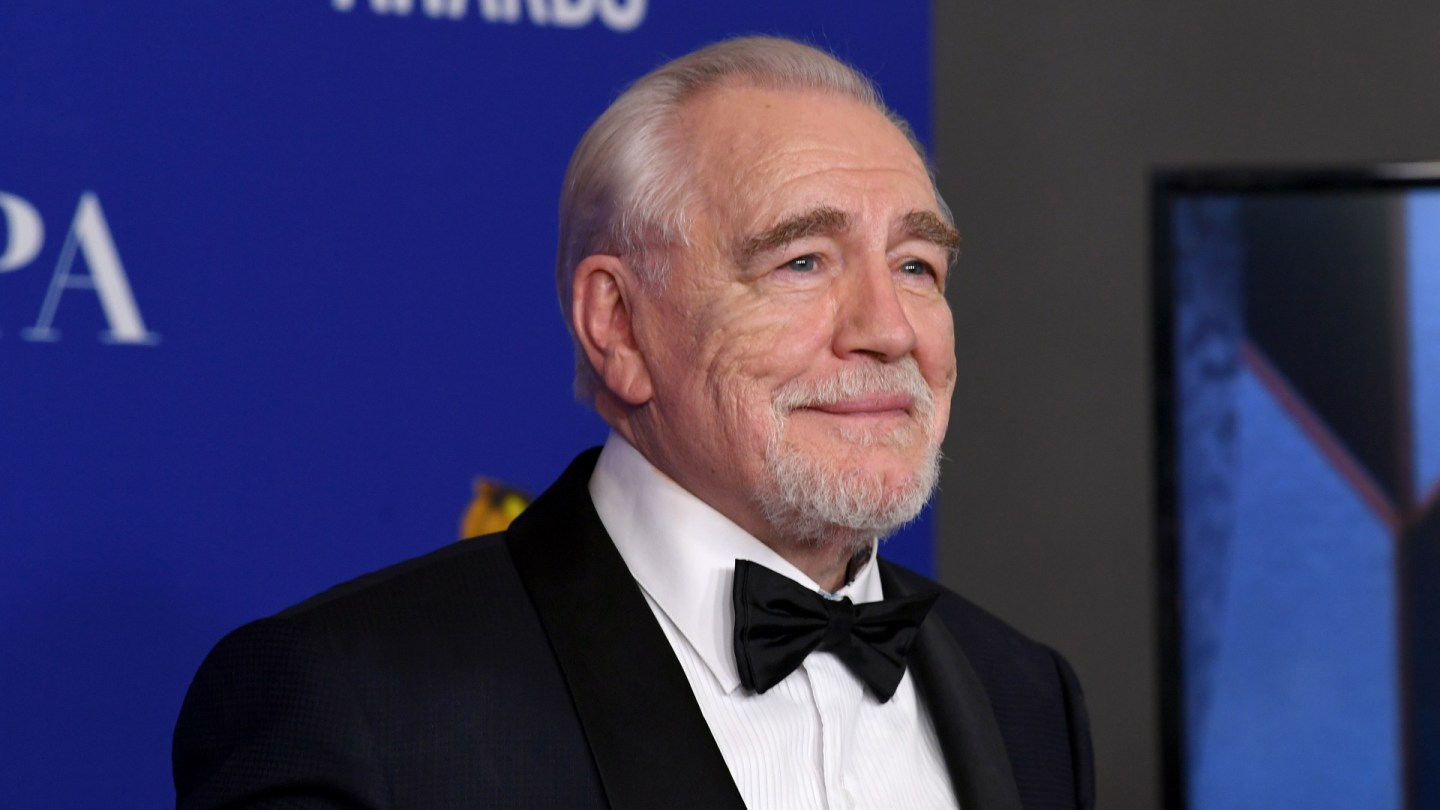Brian Cox thinks cinema is “in a very bad way,” with the Marvel and DC Universes partly to blame.
The legendary actor of stage and screen – who most recently garnered critical acclaim for his award-winning role in HBO’s Succession – spoke at an Edinburgh International Film Festival panel on Saturday. When asked about the recent successes of globally popular TV shows, Cox cited the latest MCU installment Deadpool & Wolverine as a great example of cinematic “party time”.
“What’s happened is that television is doing what cinema used to do,” Cox told the audience of television’s originality. “I think cinema is in a very bad way. I think it’s lost its place because of, partly, the grandiose element between Marvel, DC and all of that. And I think it’s beginning to implode, actually. You’re kind of losing the plot.”
He discussed Ryan Reynolds and Hugh Jackman of Deadpool & Wolverine while referencing how films are “making a lot of money that’ll make everybody happy, but in terms of the work, it becomes diluted afterwards. You’re getting the same old… I mean, I’ve done those kind of [projects].”
Cox starred as William Stryker Jr. in X2: X-Men United (a military scientist who persuades Logan to become Wolverine), and admittedly said he “forgets” about the fact he “created” Wolverine. “Deadpool meets the guy… Wolverine, who I created, but I’ve forgotten. Actually,” he jokes, “When those films are on, there’s always a bit of me [as Stryker] and they never pay me any money.”
“So it’s just become a party time for certain actors to do this stuff,” Cox added. “When you know that Hugh Jackman can do a bit more, Ryan Reynolds… but it’s because they go down that road and it’s box office. They make a lot of money. You can’t knock it.”
Television is pulling ahead, he continued, with incredible shows like Jesse Armstrong’s Succession and Netflix’s Ripley, starring Andrew Scott. “There’s so many [shows] and you’ve got the honor of telling the story over a period of time.” The actor said movies of his childhood such as On the Waterfront are what made him want to “be the actor I’ve become,” but it’s partially eradicated.



It’s down to the technological improvements in TVs and increase in the expense of going to the movies (relatively speaking).
There used to be a very wide separation of resolution between SD CRT TVs and seeing a film in a cinema. Now you can have a fairly large 4K TV and have something very close to a cinema experience at home.
And on the the other end, with technologies like digital cameras, “The Volume” and CGI in general, it’s becoming less expensive to put movie quality production values within reach for TV shows. If you can re-use the same CGI models used previously the costs go down. Sure it costs money to make a CGI Star Destroyer or a robot, or a city backdrop or whatever, but once it’s done it can be re-used over and over again.
This all adds up to people only going to theaters for event type movies where people will dress up in costumes and have a party like atmosphere. As engaging as it may be to see a story about some rich people squabble over getting a lot of inheritance, it’s not something that you need to go to a cinema to experience.
Exactly, tv has taken the role of film to be consumed like a book, while all that’s left is movies meant to be consumed as a social event.